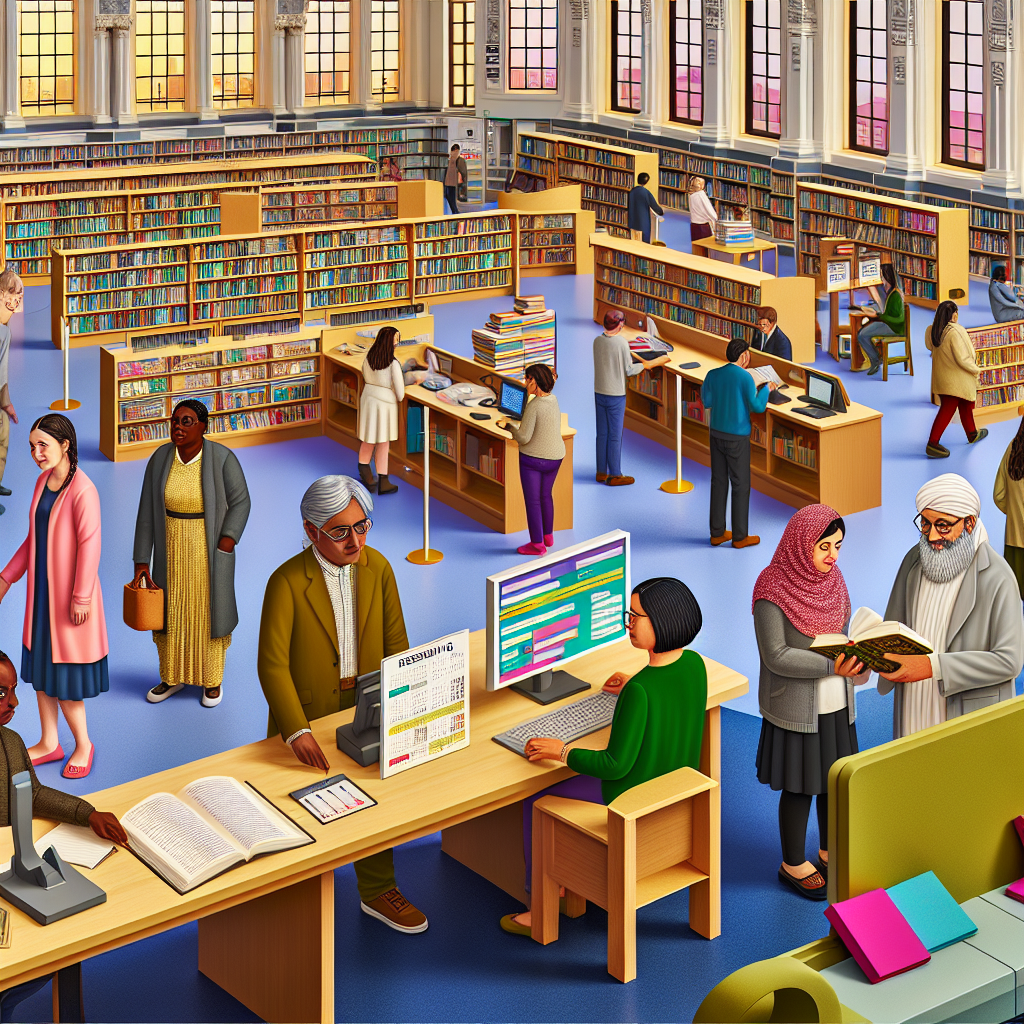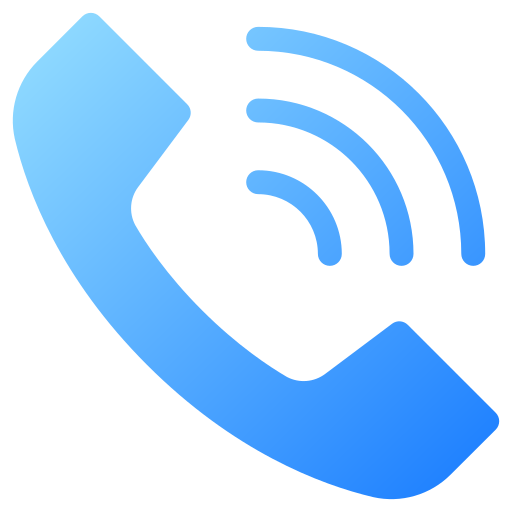Introduction
In today’s fast-paced world, libraries are evolving to incorporate technology that enhances patron services. Among the innovations gaining traction are automated follow-up calls, which have proven to be highly effective in managing various library functions. Specifically, these automated systems serve outstanding purposes in facilitating book reservations, event scheduling, and customer support. By streamlining these processes, libraries can significantly improve user experience and operational efficiency.
Book Reservations
Automated follow-up calls play a crucial role in reinforcing book reservation systems. When patrons reserve materials like books or audiovisual resources, they can receive automated reminders ahead of their pickup dates. This not only minimizes the chances of no-shows but also helps libraries manage inventory more effectively. Additionally, patrons can be informed of available holds or overdue items through follow-up calls, resulting in improved communication and decreased late returns.
Event Scheduling
Libraries often host various events, from author readings to educational workshops. With automated follow-up calls, libraries can ensure that community members are well-informed about upcoming events. These calls can confirm reservations, remind attendees of event details, and gather feedback afterward. Events can benefit from increased attendance as patrons receive timely reminders, encouraging participation and fostering a vibrant community around library offerings.
Customer Support
In an age where patrons expect immediate assistance, automated follow-up calls can greatly enhance customer support services. Libraries can use these calls to follow up on inquiries or issues raised by patrons, providing them with timely updates. Moreover, pre-recorded messages can offer answers to frequently asked questions, thereby reducing the workload on library staff. This feature not only ensures patrons feel valued but also aids in effective communication between the library and its users.
Conclusion
In conclusion, automated follow-up calls have a multitude of applications in library services, particularly in book reservations, event scheduling, and customer support. By harnessing this technology, libraries can significantly enhance patron experience, improve overall service efficiency, and build a stronger connection with their communities. As libraries continue to embrace technological advancements, automated follow-up calls will undoubtedly play a pivotal role in shaping the future of library services.

